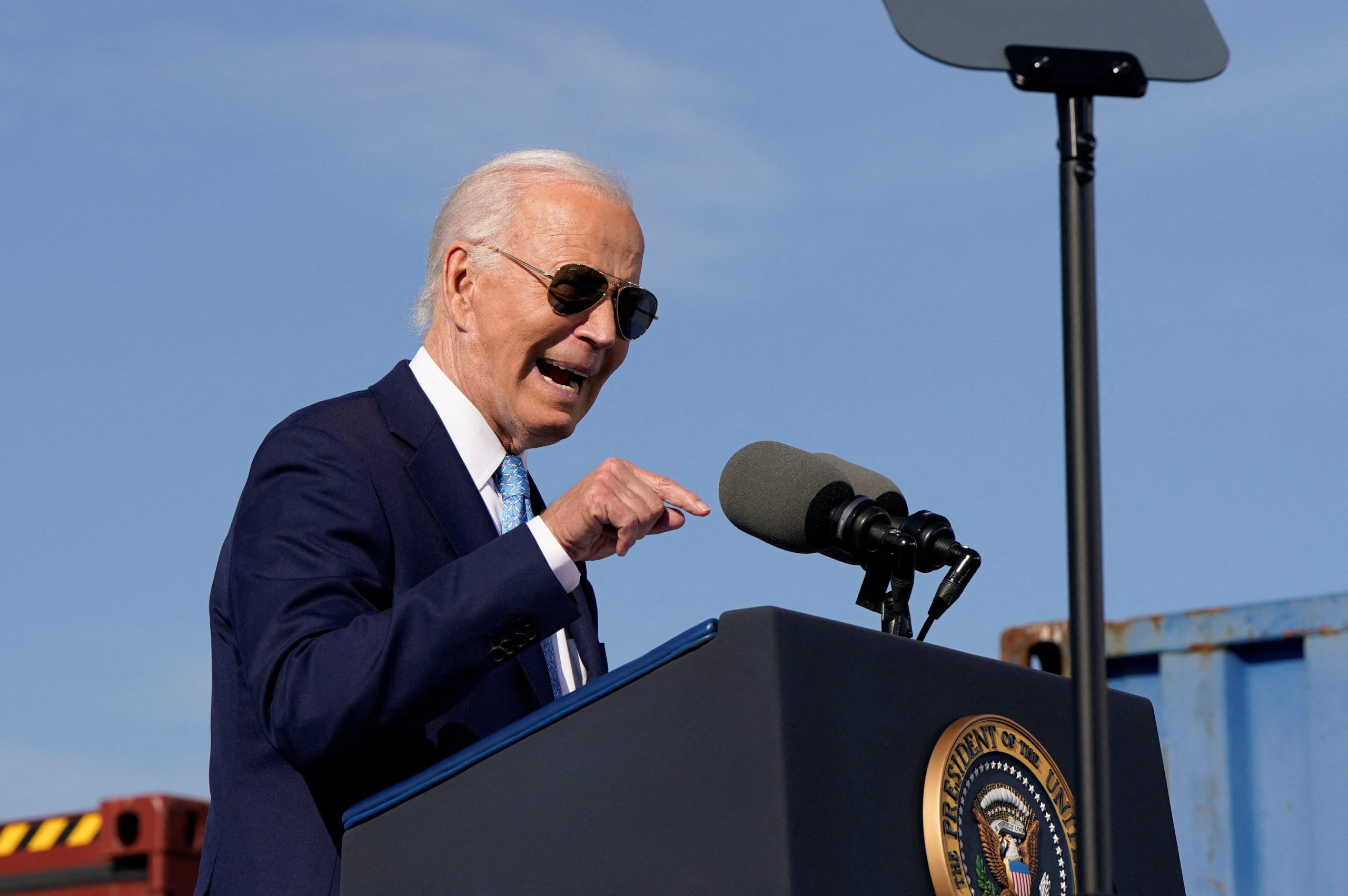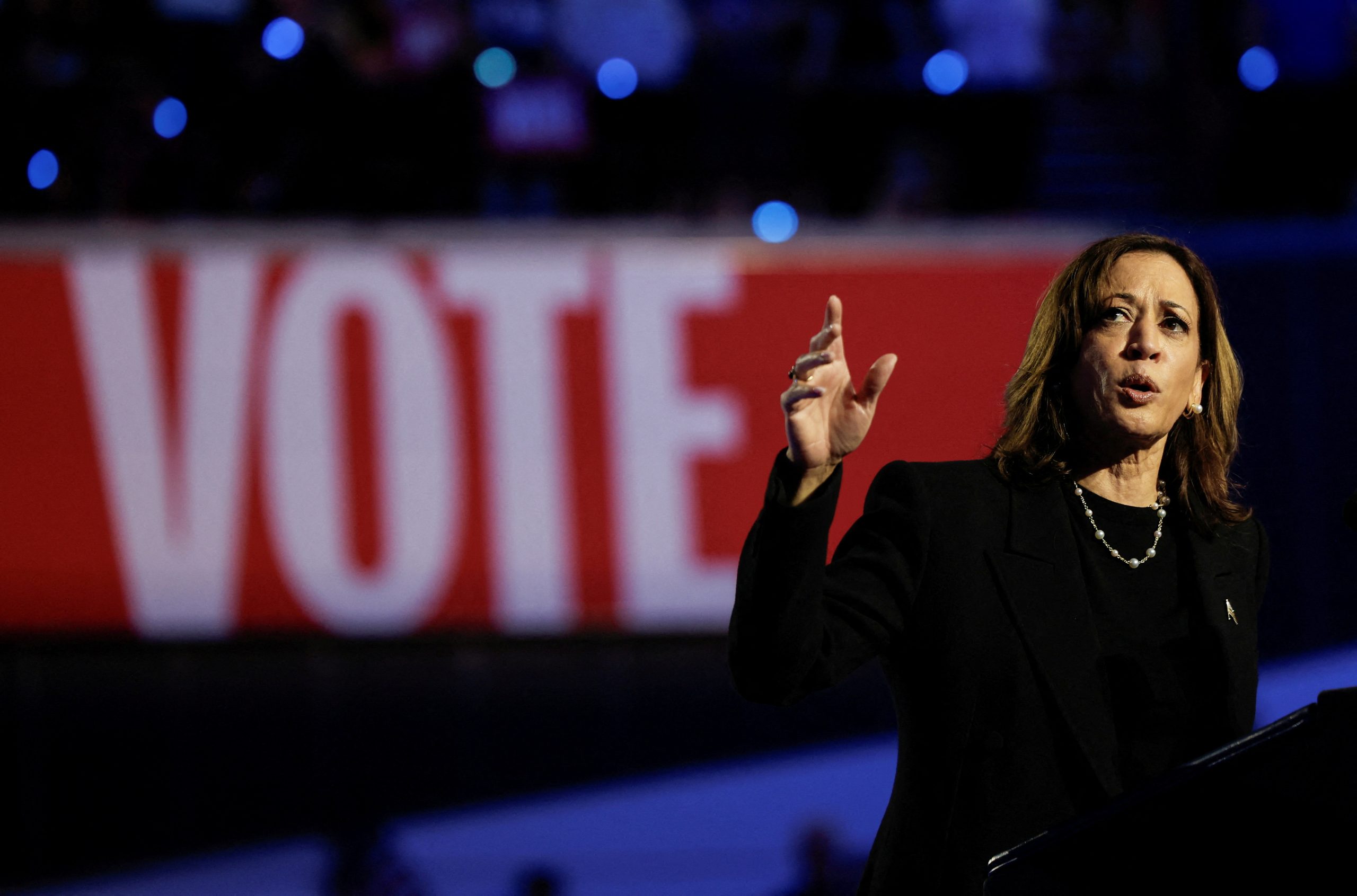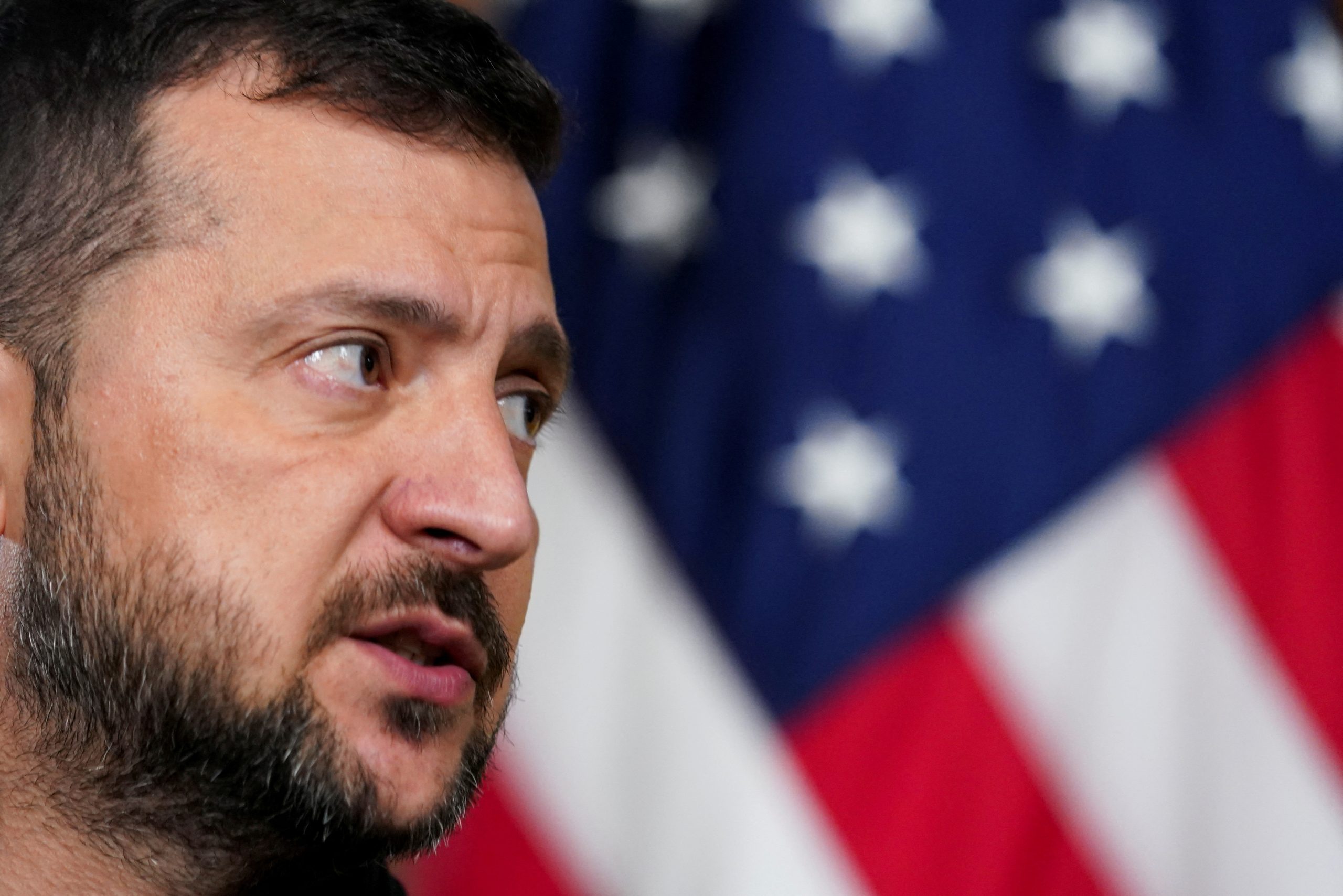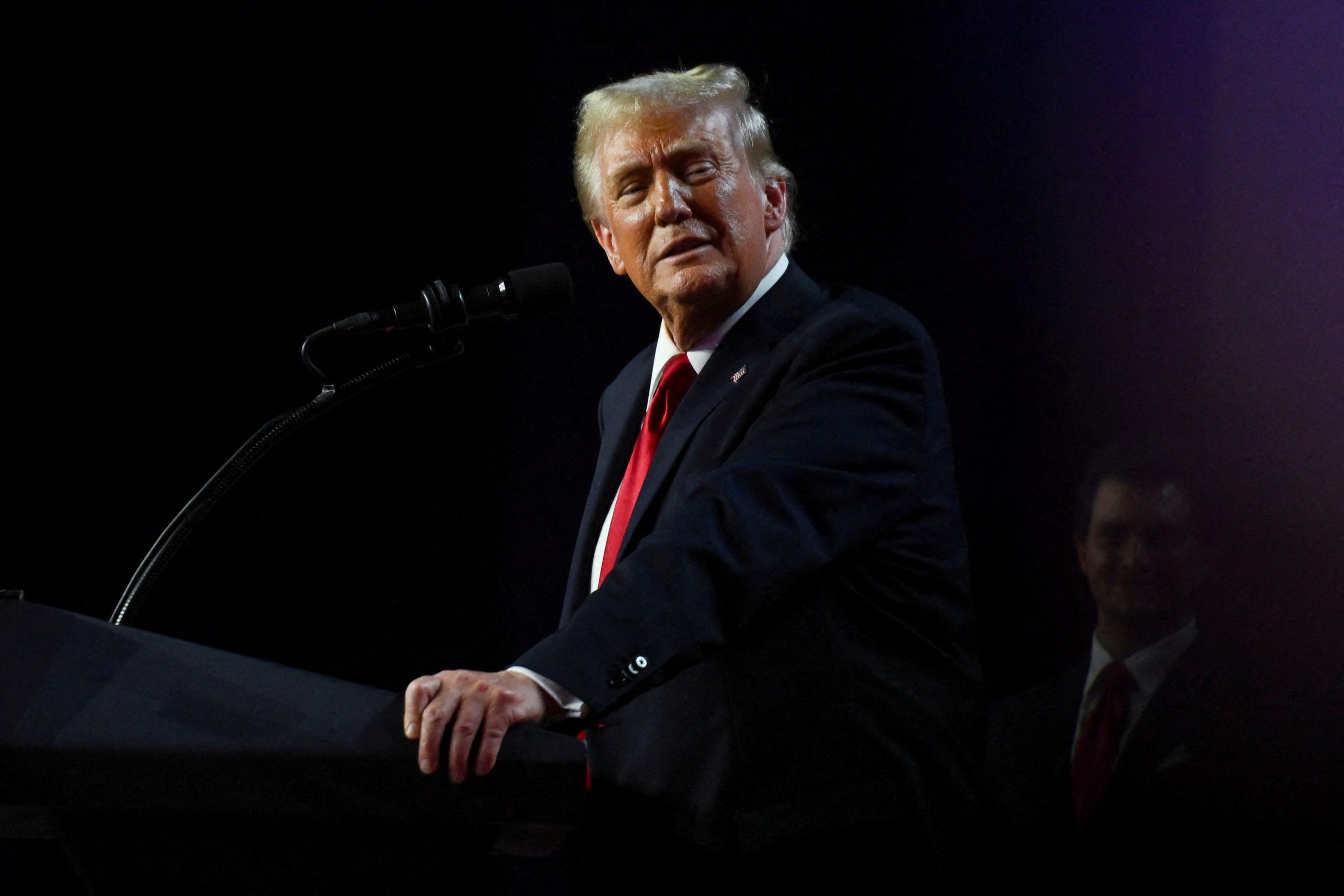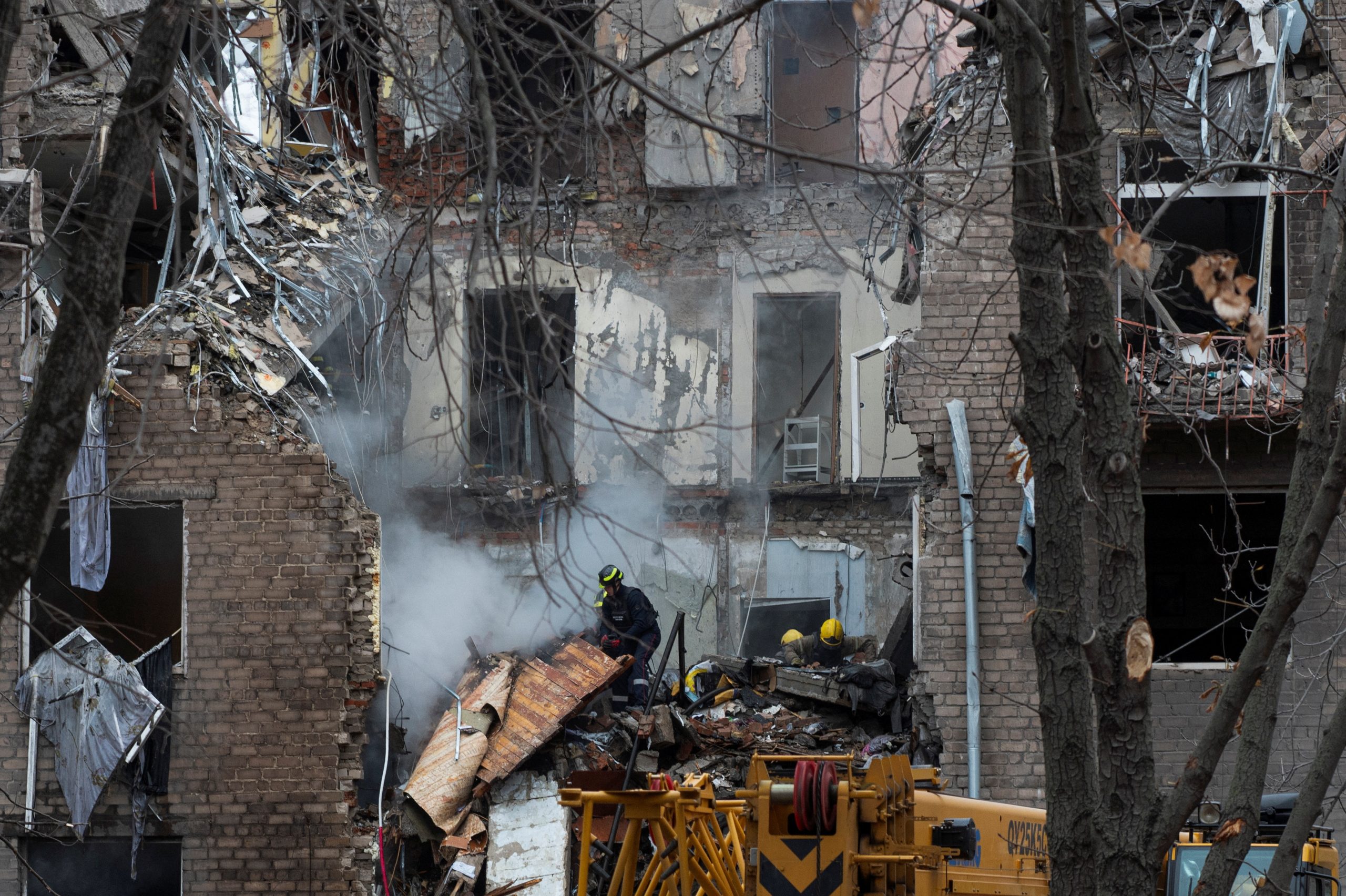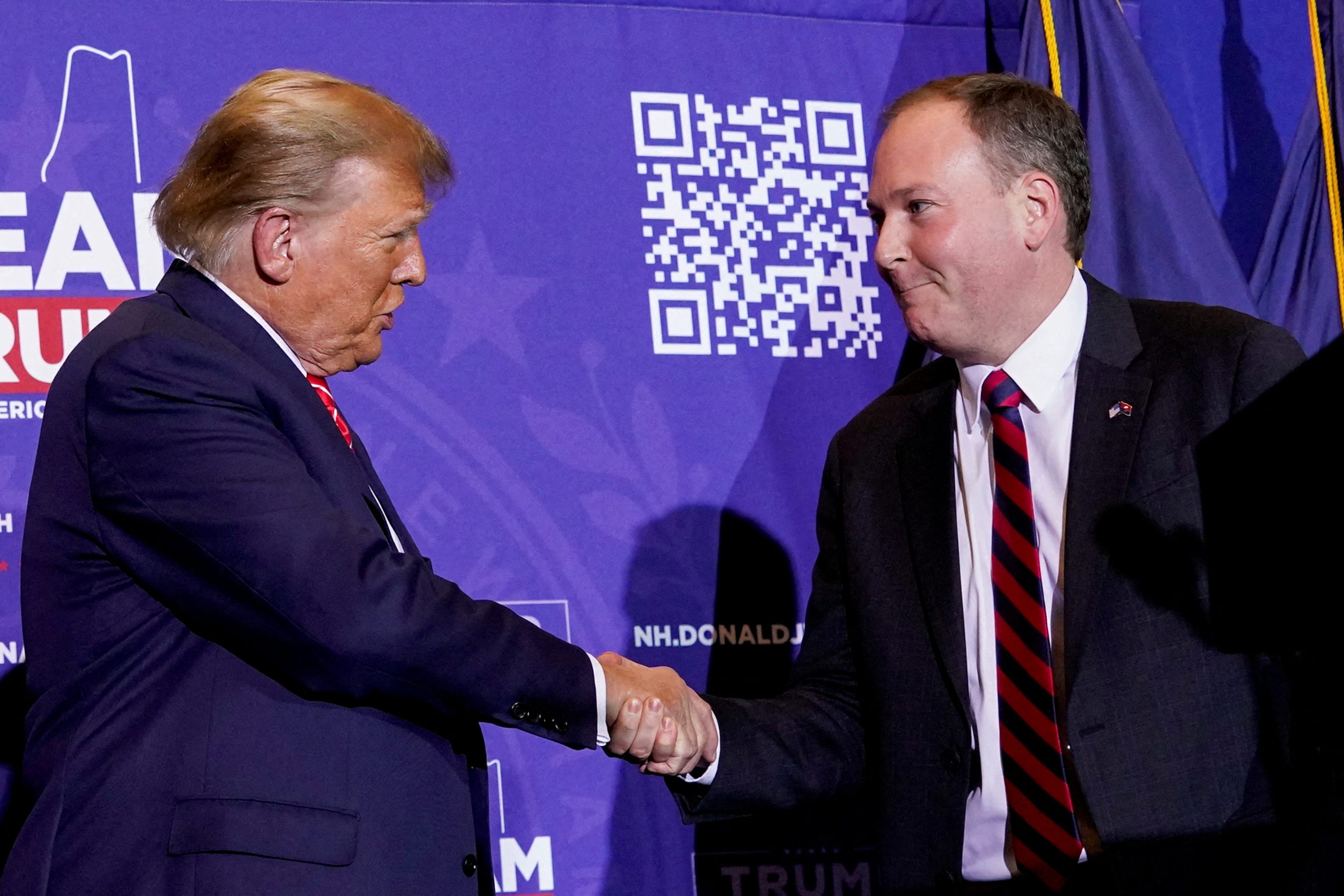“If they cross into Ukraine, then yes,” declared U.S. President Joe Biden, throwing down a powerful line of support for Ukraine amid rising tensions over reports of North Korean troops stationed in Russia’s Kursk region. Biden’s strong words, first reported by Reuters, signal a readiness to stand behind Ukraine’s right to defend itself, even as an unprecedented number of North Korean troops—estimated at 10,000—have entered Russia, presumably for training and potential combat deployment.
The Pentagon confirmed the alarming shift, disclosing that North Korean soldiers, initially stationed in Russia for “training purposes,” are moving toward the Kursk region, a Russian stronghold just a stone’s throw from the Ukrainian frontlines. U.S. intelligence indicates that some North Korean forces may have already crossed into Ukraine, effectively widening the scope of the ongoing conflict. Biden voiced his unease, saying, “I am concerned about this,” in response to inquiries about North Korea’s growing involvement.
According to CNN’s sources, this influx of North Korean personnel into Russia suggests a direct shift in Kim Jong-un’s strategy—an open alliance in Moscow’s campaign, with potential global security risks. South Korean President Yoon Suk Yeol also sounded the alarm, calling North Korea’s active deployment a threat with the potential to destabilize the entire region. As North Korean troops inch closer to the conflict, some analysts are calling it an escalation that could turn the Ukraine war into a multi-front conflict with implications that stretch well beyond Eastern Europe.
For Biden, this situation calls for Ukraine’s swift defensive measures, and his call to action has heightened pressure on NATO to consider its stance on this newly internationalized battlefield. Biden’s stance on this escalating situation is clear: Ukraine should have the full right to strike any forces that enter its territory, a statement that raises the stakes for Moscow and Pyongyang alike.
Sources for this article include Reuters, Pentagon briefings, and U.S. and South Korean government statements.

